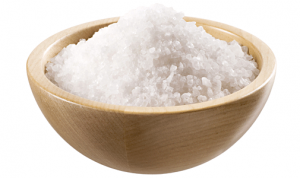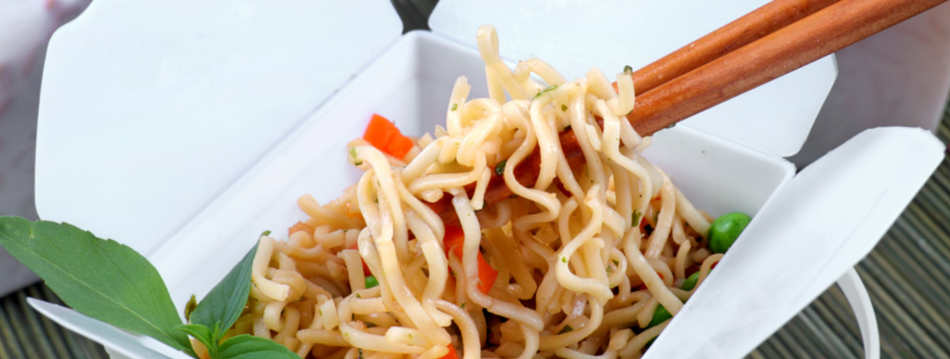
Once upon a time there lived a king with three daughters. He asked each of his his daughters to tell him how much they loved him. The eldest said “Father, I love you more than the sun and the moon.” And the king was happy. The second daughter said “Father, I love you more than the stars and the sky.” This also pleased the king. The youngest daughter said “Father, I love you more than a pinch of salt.” And the king was furious and hurt. There are many versions of this tale said to originate in Italy, Greece, Czechoslovakia, and any number of other countries, and made famous by Shakespeare in King Lear.
In each version the king becomes so angry at his youngest daughter that he banishes her from the kingdom. In my favorite version the daughter wanders until she finds work in the kitchens of the palace of a nearby land, and becomes a famous chef. Some time later her father visits this kingdom, and his daughter makes sure that his meal is prepared without salt. The king becomes outraged, and insists chef be brought to him. His daughter appears, and in his anger he doesn’t even see her, but demands to know why his meal is awful and flavorless. As she explains he begins to really looks at her, recognizes his youngest child, and realizes immediately that she is the one who loves him best.

Image courtesy of undergroundchili.com
Anyone who cooks can appreciate the value of salt, It flavors, cures, preserves, adds crunch, make water hotter, and makes good food better. I know there are many people who eschew salt, and worry about it’s health implications, and those worries aren’t without merit. A lot of the salt that is consumed, at least in scary quantities comes not from your salt shaker, but from boxes, and bags of processed food, and things like soda, and processed meats. If my earlier post about microwave popcorn and the bags it’s in didn’t scare you off, check out the salt content! If you’re adding most of the salt you eat and cook with yourself, chances are good that you’re not overdoing it, but like sugar, salt is in everything!
Take a look in your pantry, and chances are every single item in there contains salt, sodium, or one of it’s many other alias’*:
- sodium alginate
- sodium ascorbate
- sodium bicarbonate (baking soda)
- sodium benzoate
- sodium caseinate
- sodium chloride
- sodium citrate
- sodium hydroxide
- sodium saccharin
- sodium stearoyl lactylate
- sodium sulfite
- disodium phosphate
- monosodium glutamate (MSG)
- trisodium phosphate
- Na
I am a salt lover! I crave salty crunchy food, way more than sweet stuff, and so far, no one has told me I can’t have it. As you know, I try to make as much food myself as I can, but I am not a purist. There are crackers in my pantry, and peanut butter, and there is bacon in my freezer… I cook with it, and try to add just the right amount to make things taste their best. I use kosher salt, and because the crystals are bigger I believe I use less. There are other structural differences between kosher and table salt, all of which make me a fan of kosher salt. I hope that day never comes when I am denied it, because I understand a daughter who loves her father more than a pinch of salt!
*List from WebMD





.jpg)





Erin Owen - What is sea salt and how does it differ from kosher salt?
Sarah Spath - Great post, Nancy. I love the folktale connection. It’s also worth noting that the word “salt” shares a root with “salary.” It was a such a valuable commodity in the Roman empire that there was a time when soldiers would be paid in salt. Love, money, salt: what a combination!
nrlowell@comcast.net - Sarah,
Thanks, I didn’t know that! Great info.
Nancy
Meredith Wouters - Such an interesting story, and one I’ll remember next time I’m thinking my latest culinary creation has failed, when all it needs is a little salt.
nrlowell@comcast.net - Meredith,
True! Salt and pepper are always key!